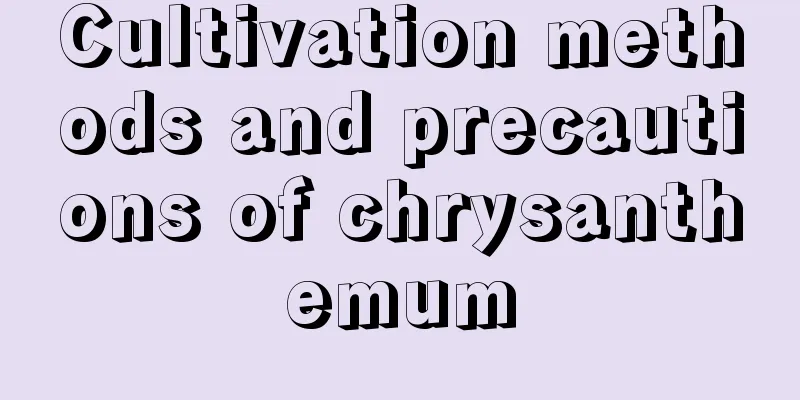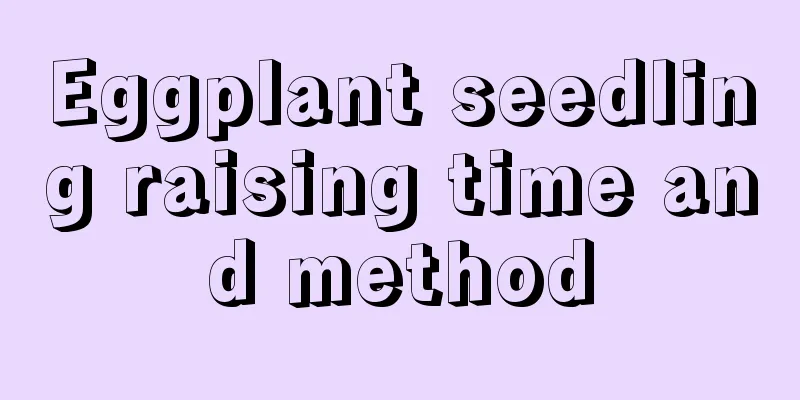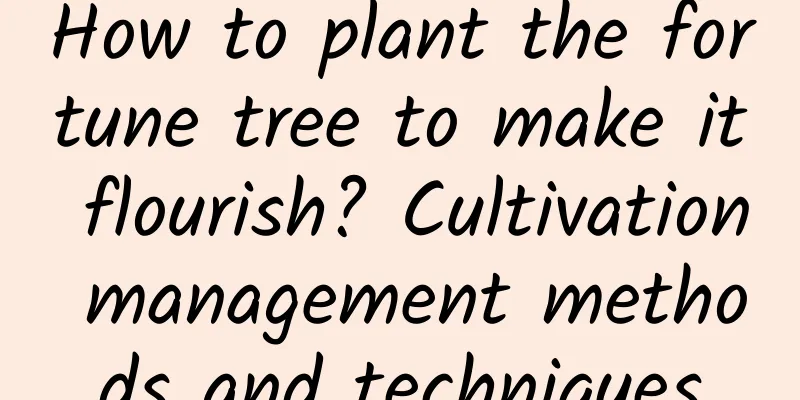Cultivation methods and precautions of chrysanthemum

1. Maintenance methods1. Flower pot selection: Large chrysanthemum has a relatively special cultivation method. As the most complicated type of artistic chrysanthemum, it needs to undergo three repottings. Before transplanting, use a flower pot with a diameter of 30 cm, which should not be too large. The second time it needs to be transplanted into an extra-large pot, and finally transplanted to a pot with good drainage, and the flower pot should be ventilated. A clay pot with good drainage. 2. Nutrient management: The amount of fertilizer required by chrysanthemum will increase during its development. In addition to the basic fertilizers, top dressing is also needed to meet growth needs. 3. Water management: After grafting, chrysanthemums need to be watered regularly, but the amount of water should not be too much each time, because chrysanthemums are afraid of waterlogging. Just keep the soil moist. 4. Substrate selection: Chrysanthemum has certain requirements for the soil. The soil needs to contain a large amount of humus, preferably sandy soil with good ventilation and drainage. 2. Breeding techniques1. Pinching: In order to make the shape of the large upright chrysanthemum fuller and more symmetrical, it is necessary to pinch the top several times, starting from when two or three leaves grow. Generally, five to ten pinchings are required. 2. Grafting: Grafting can start after the temperature starts to rise in spring. Chrysanthemum is usually grafted onto Artemisia annua. It is best to start grafting Artemisia annua when it is eight centimeters long. When grafting, you should constantly pull the side branches to grow outward. 3. Problem diagnosis and treatment1. Botrytis cinerea: Botrytis cinerea can harm the leaves, rhizomes and buds of chrysanthemums. If you find leaves with diseased spots, you should remove them in time to prevent the spread, and spray them with hyaluronic acid or cypermethrin powder in time. 2. Viral disease: Viral disease mainly harms the leaves. The diseased leaves are gray-green with irregular white stripes. The diseased plants can be transmitted to normal plants. They need to be treated in time and sprayed with anti-aphid. IV. Other issues1. Is it poisonous? Chrysanthemum grandiflorum is an artistic chrysanthemum, its main function is to be viewed from the outside. It is non-toxic. However, Chrysanthemum grandiflorum has a high ornamental value, but not much edible value, so it is not recommended to be eaten. 2. Can it be grown at home: Large chrysanthemum can be grown at home, but it is a very complicated artistic chrysanthemum. It has relatively high requirements from grafting to pinching and binding, and it has high requirements for flower growers. If it is grown at home, the flower grower needs to spend more time and effort. |
<<: Breeding methods and precautions of spring azalea
>>: Cultivation methods and precautions of Bidens pilosa
Recommend
What month is suitable for planting cherry tomatoes?
When to plant small tomatoes In the northern regi...
The efficacy and function of sorrel
1. Diuretic Sour mold has the effect of clearing ...
How to propagate the hanging bamboo plum by cuttings
Cutting medium for hanging bamboo plum Before sel...
The efficacy and function of mulberry
Medicinal effects Mulberry trees have good medici...
How to grow cactus well
1. Suitable soil It is best to choose sandy soil ...
Functions and effects of Kalanchoe
Beautification and ornamental effect Kalanchoe is...
Are fruit corn and sweet corn genetically modified?
1. Is it genetically modified? It is a hybrid pro...
How to care for hydrangeas by repotting them in summer?
Hydrangea , scientifically known as Hydrangea mac...
What is the difference between peach leaf coral and golden coral
1. Leaf Difference The leaves of the peach coral ...
How to cultivate Euonymus
1. Maintenance methods 1. Temperature: It does no...
How to prune the seeds of fortune
When to prune the seeds of wealth The pruning of ...
Diseases and Pests of Shrimp Flower and Their Control
Diseases and Pests of Shrimp Flower and Their Con...
How to fertilize air plants
Fertilization method You can use special fertiliz...
Cultivation methods and precautions of yellow orchid
Plant habits and characteristics Let's first ...
The efficacy and function of bird of paradise flower
Ornamental value The vines of the bird of paradis...









